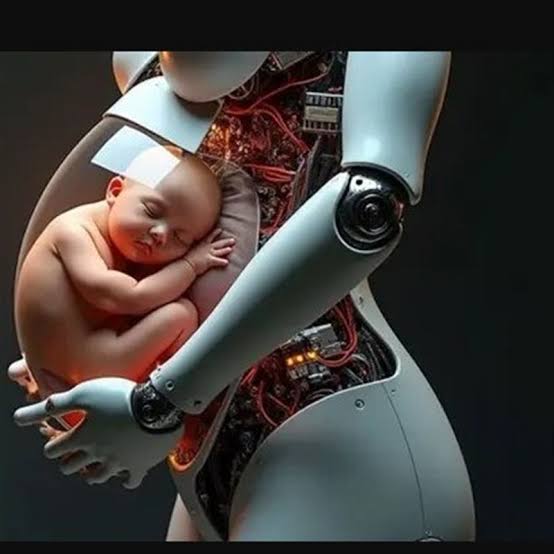 (8)_1755642325.jpeg)
China is on the verge of unveiling a groundbreaking humanoid robot designed to achieve pregnancy by hosting a fully functioning artificial womb.
This pioneering work by Kaiwa Technology in Guangzhou is slated for a 2026 debut.
Dr. Zhang Qifeng, the project lead, announced at the World Robot Conference in Beijing that the scientific foundation is already robust, with the next phase focusing on integrating the technology into a robot for interactive pregnancy.
This project builds upon existing advancements in ex-utero gestation.
The concept of an artificial womb itself is not entirely novel; it is a sophisticated machine that replicates the uterus’s environment, complete with artificial amniotic fluid and a tube serving as an umbilical cord for nutrient and oxygen delivery. For example, in 2017, US scientists successfully sustained premature lambs for weeks in similar “biobags,” demonstrating the feasibility of such systems.
What distinguishes Kaiwa Technology’s endeavor is that it is developing the robot to manage the entire gestation process, from fertilization to full-term birth.
Furthermore, this solution is projected to cost around 100,000 yuan (£11,000), significantly less than conventional human surrogacy options.
The reason behind this development stems from a surging infertility crisis, particularly in China.



